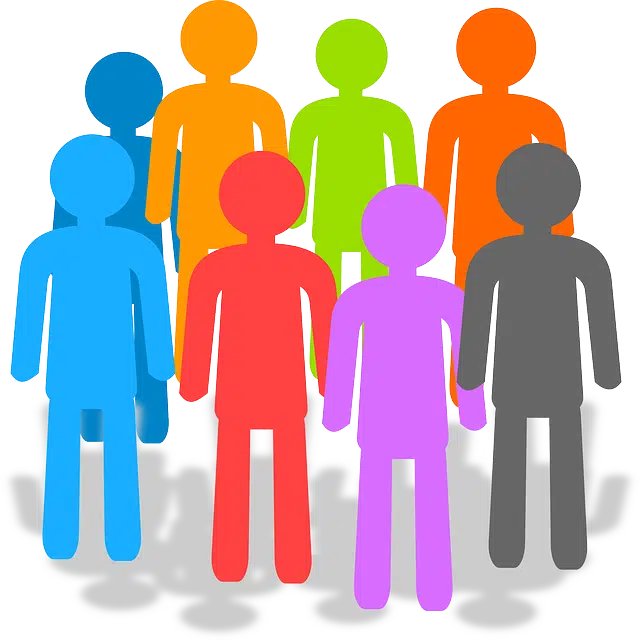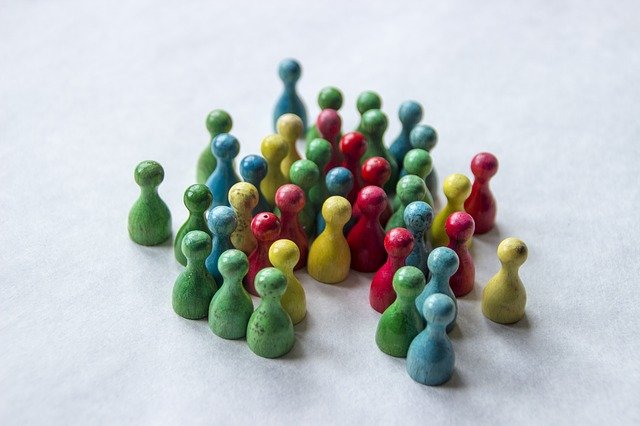
The notion of social role is associated with the behavior that society expects of an individual.
The French term rôle came into English as role and later derived, in our language, into rol . It is about the function or role that someone plays in a certain context. Social , for its part, is that which is linked to society (the community of individuals who share a culture and who interact with each other).
With these concepts in mind, we can analyze the notion of social role. This expression, common in the field of sociology , refers to the behavioral patterns that society expects from a person . It can be said that the social role is what an individual must represent in his or her community.
What is the social role
The social role is an imposition of society on the subject. The environment requires the person to fulfill their social role: that is, to provide the expected responses according to their condition (professional, economic, cultural, etc.). The imposition of the social role is developed from the actions of the main social institutions, such as the family, the State and religion.
The framework of each person's social role entails the obligation to adapt their behavior to a specific profile. A teacher, for example, is expected to respect established norms, since his or her role in society is to instruct others and, therefore, he or she must set an example. Other behaviors are not required, although they are allowed , while there are also prohibited behaviors .

It can be understood that the social role is an imposition.
The will
From the point of view of the reasons why a person faces a specific social role, it is possible to distinguish between the following two types: the ascribed role, which is not carried out by his or her own will , but rather assumed (such as his or her nationality). , their ethnicity and their sex); and the acquired , which expects the individual to make an effort, an active participation, and which he or she can or cannot carry out, as he or she decides. It is worth mentioning that the role acquired is optional to a certain extent, since the pressure from society is usually very intense to lead us to fulfill it. On the other hand, the limits of both classes can be confused depending on the approach of the analysis.
It should be noted that when a person violates any of the rules imposed by their social role, they may be excluded from their group of belonging .
Social role and conflict
Role conflict is the situation that occurs when an individual does not meet external expectations regarding his or her behavior; On the contrary, if you accept your role and everything that it entails, your behavior is accepted by the environment. In turn, we speak of internal conflict (when it originates from the person themselves), external or having characteristics of both types. Sociologists Richard Moreland and John Levine proposed the following distinction of conflicts in 1982:
* inter -role : occurs when the performance of a specific role is not compatible with that of others that the individual must also carry out;
* intra -role : describes the clash between expectations that come from different origins, although they all focus on the same role. These expectations may have arisen in the individual himself or in third parties who maintain a link of influence for him.
When there is no clear definition of expectations about the norms of behavior linked to a specific social role, we speak of a phenomenon called role ambiguity . Both concepts, conflict and ambiguity, can trigger role tension , a type of discomfort that a person experiences when trying to comply with the guidelines indicated with respect to their particular role. Each person looks for a way to assume the role that best fits within the framework of their values and beliefs so as not to go through this discomfort, although this is not easy to achieve.
